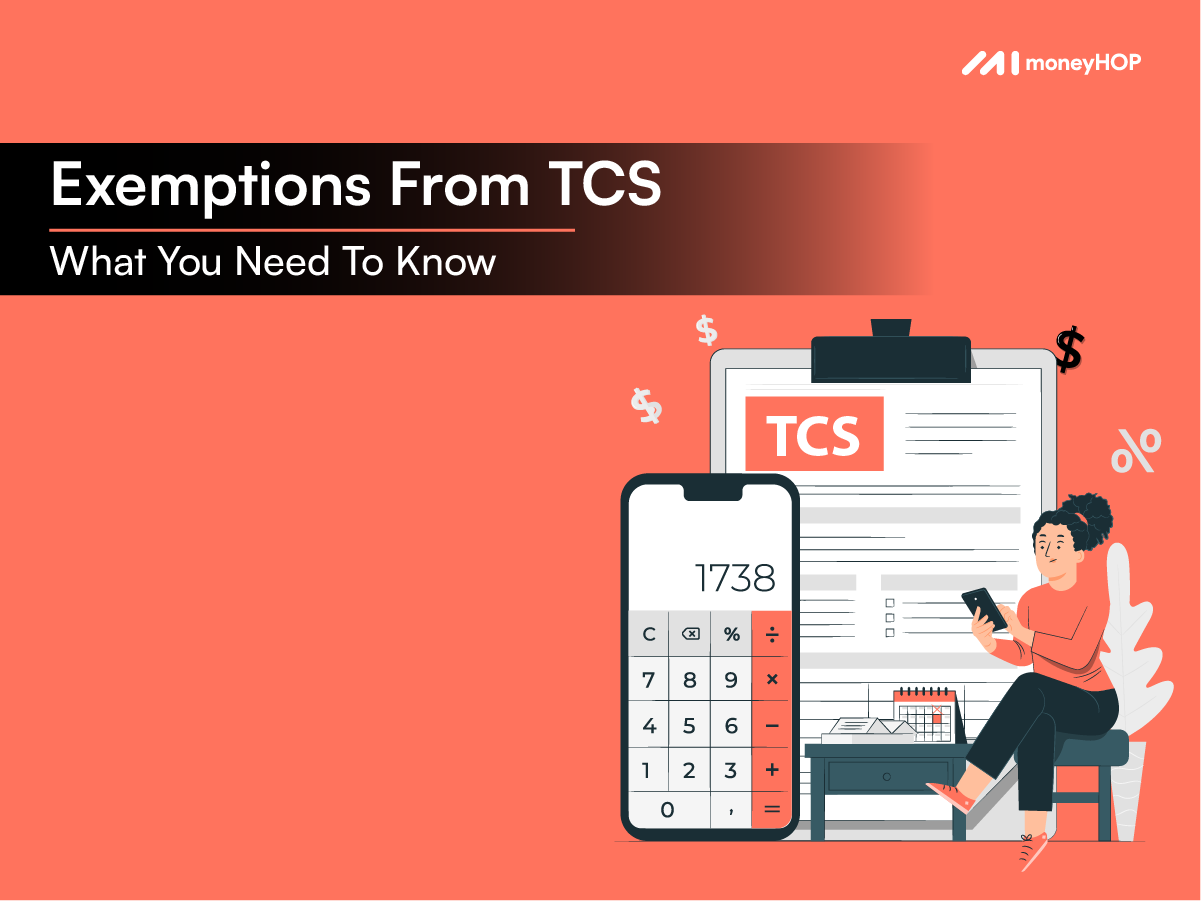TCS refers to a way of collecting revenue through which the government collects a part of its tax directly from the assessees at the time of receipt of certain kinds of payments. Recent changes have been proposed and implemented relating to the TCS regime in India, thereby increasing its coverage to include even smaller-value transactions. The motivation for these changes was to enhance tax compliance and reduce burdens on taxpayers. Consequently, it has granted individual TCS exemptions on expenditure relating to medical treatment and education up to Rs. 7 lakh in a financial year. The need for relief provided to those incurring huge expenditures abroad has thus been a welcome step in this regard. These evolving TCS regulations, bit by bit, further change the face of taxation in India and their impact is felt on individuals and businesses alike.
TCS on Foreign Remittances Serves Vital Purposes:
- Enhancing tax compliance Reducing tax evasion.
- Expanding the tax base
- Significantly alleviating the burden on the government
Calculation of TCS on Remittances
| Type of Remittance Abroad | Present TCS Rate |
| For the purpose of education & medical treatment | 5% of the amount or the aggregate amount over Rs. 7 lakh |
| Education when a loan is used to fund education | 0.5% of the amount or the aggregate amount over Rs. 7 lakh |
| Overseas tour packages | 5% without any threshold limit w.e.f. October 1, 2023 (20% without any threshold limit) |
| Any other purpose | 5% of the amount or the aggregate amount over Rs. 7 lakh w.e.f. October 1, 2023 (20% without any threshold limit) |
Exemptions On TCS – Foreign Remittance
In India’s Liberalized Remittance Scheme (LRS), if you send remittances below INR 7 lakh during a financial year, you won’t have to pay TCS. If you’re availing a loan from a recognized financial institution under Section 80E of the Income Tax Act to fund your ‘Education Abroad’ and sending money abroad through LRS, the TCS rate decreases from 5% to 0.5%. This reduction aims to help students who are financing their education with loans by reducing the burden of TCS, thereby promoting education abroad.
TCS will not apply if the remitter is:
- Individuals who have deducted taxes according to the provisions of the Income Tax Act are held accountable.
- This liability also applies to bodies such as the Central and State Governments, embassies, consulates and entities designated by the Central Government.
Zero TCS On Foreign Credit Card Payments
On May 19, 2023, the finance ministry made an announcement regarding the introduction of a 20% TCS on payments exceeding Rs 7 lakh made through debit and credit cards. In a decision, the ministry decided to exclude credit card payments from the LRS. This decision was taken to allow banks and card networks time to establish IT-based solutions. As a result, transactions made abroad using credit cards will not fall under the purview of LRS. Will not be subject to TCS.
Why pay more for international money transfers when moneyHOP is here?
- NO hidden fees
- ZERO convenience fees
- Real-time updates
- Lowest exchange rates
Also read: Refund Of TCS On International Remittance – The What & How!
Conclusion
In conclusion, it is crucial for both individuals and businesses to understand the complexities associated with TCS exemptions. This understanding ensures that tax obligations are met and opportunities for savings are maximized. Staying up-to-date with the information on these exemptions, seeking advice from tax professionals and utilizing tools such as moneyHOP for efficient cross-border transactions can collectively alleviate tax burdens, promote financial stability and optimize overall financial management. Take the initiative today to explore your eligibility for TCS exemptions and consider innovative solutions like moneyHOP, to effectively manage your tax responsibilities while improving your well-being.

Leave a Reply